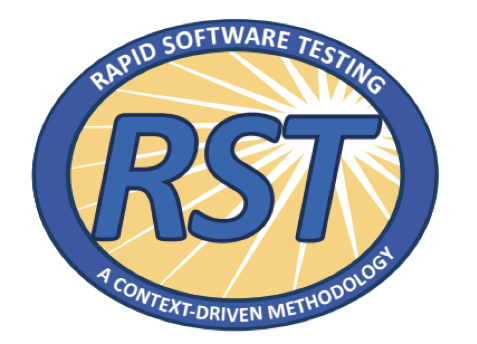Yesterday I had diner with James Bach, Pascal Dufour and my testing buddy Jean-Paul. After picking James up from Schiphol airport, we took him to his hotel and after that we had diner. An enjoyable evening with great conversations and some testing challenges.
 Pascal went home with this challenge: “Apply the Constructal Law to improve testing.” This challenge James gave himself since he is reading this book. Jean-Paul asked for a challenge via twitter and got this one: “Explain dendogram-based testing”. Since I start with BBST tomorrow, I didn’t ask for one.
Pascal went home with this challenge: “Apply the Constructal Law to improve testing.” This challenge James gave himself since he is reading this book. Jean-Paul asked for a challenge via twitter and got this one: “Explain dendogram-based testing”. Since I start with BBST tomorrow, I didn’t ask for one.
We discussed a lot of topics, one of them was coaching. In July I go to Test Coach Camp in San Jose the weekend before CAST 2012. I told James I had an idea for a session at Test Coach Camp: “What they teach us in TMap Class and why it is wrong”. I think he likes it 😉 I asked James what he would do if he had to train newbies to be testers. He answered that he would have them test something. He certainly wouldn’t start with lectures about processes, definitions and testing vocabulary. During the testing session the aspirant-tester will do stuff that can be named. They will (ignorant) use all kinds of techniques that can be further explained and explored while they pop-up.
James also gave an interesting insight: the way testing is often trained and implemented results in dull testing jobs where most of the great people (who could be excellent testers) will run away from. I have to chew on that a little more, but I think this might be true. It definitely rings a bell.
Today I created a first draft for the proposal for Test Coach Camp:
“What they teach us in TMap Class and why it is wrong”
In my former job I have been an instructor/trainer for ISTQB and TMap classes. This was before I saw the Context-Driven light 😉 I trained ISTQB and TMap to people new to testing and also lots of experienced testers. I also was an instructor for all kinds of other training courses. These training courses are not focussing on the right things and are not preparing testers to do proper testing. Let alone that they encourage testers to become excellent their profession. For example: in these 3 day courses, all exercises are done on paper without actually testing software. This makes me wonder if there are classes where developers are trained without actually coding.
In this session I would like to point out the structure and content of a typical TMap (or ISTQB) class and the method/approach used. In the discussion later in the session the group collaborates in listing what is wrong with this approach and what can be done to improve it. This creates an insight in what is wrong with the majority of training courses in my country (and probably also around Europe and the rest of the world). This insight can help us create training courses to properly train people in testing, but also improve existing classes.
Let me know what you think and please share your experiences.



Recent Comments